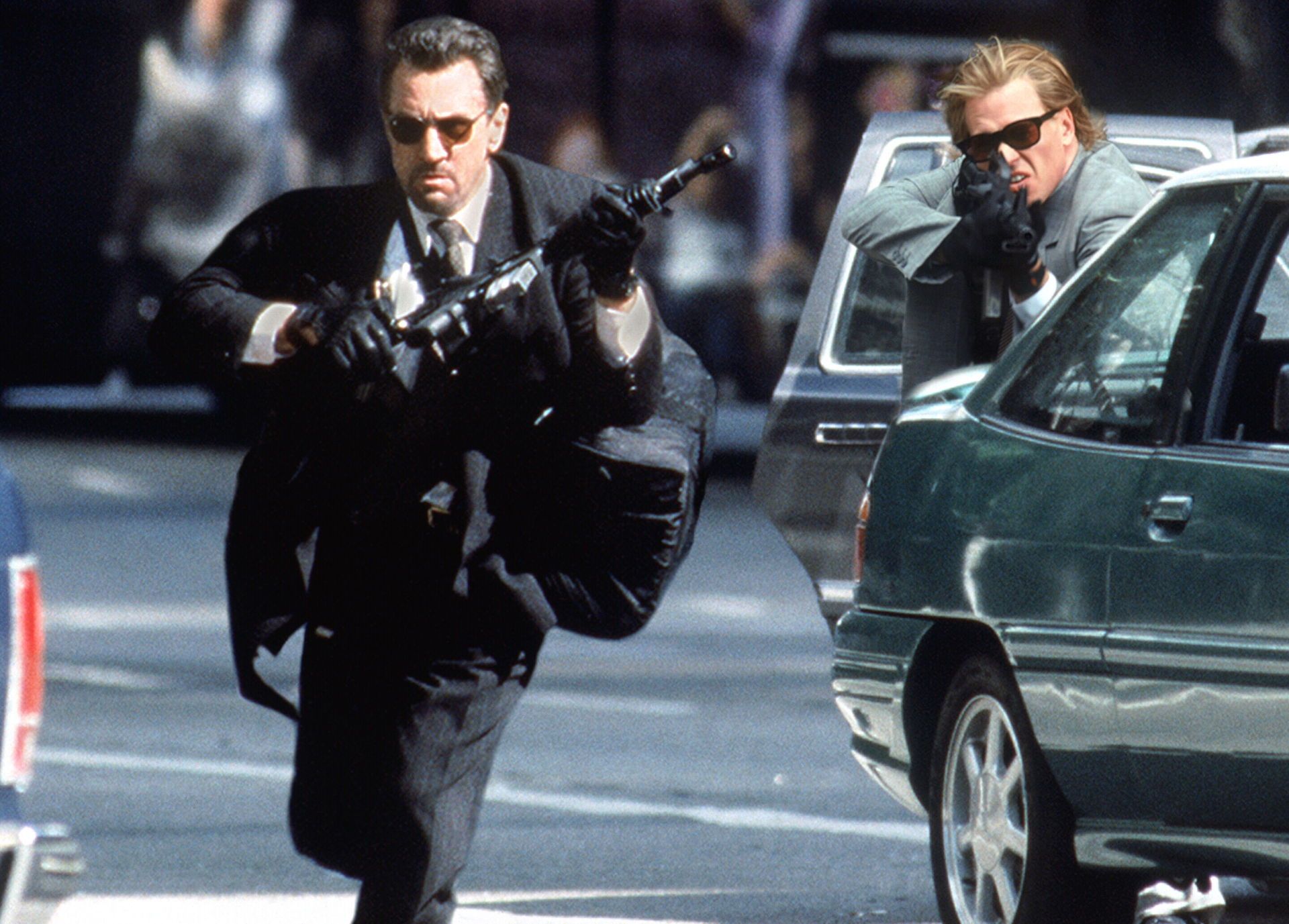Retired LASD Captain Richard “Odie” Odenthal has a saying, “There are two types of supervisors, the ones that come to work and pray at the altar of ‘let the big one happen today’ and then those that pray it never happens to them.” Being risk averse is a natural feeling to possess but in law enforcement, security, business, or just life in general, but risk is unavoidable. Risk is what occurs when exposure to something and the probability of it occurring intersect. Think of it as an intersection with a high accident rate, the simple solution is to just not drive through it, thereby removing the potential exposure. Or the local law enforcement agency can take measures to reduce the accident rate, mitigating its probability. At some point, regardless of your work, you will encounter risk. Unfortunately, there are far too many people that will try to wait out the problem thinking it will just go away. Newsflash, time is not always on your side. In the law enforcement world, we refer to these problems as “Tactical imperatives”, as in participation is NOT optional. You must get involved as part of your oath.
I, like many of you, have worked for or with people who have been notorious for wanting “just a little more” information before acting. This can and has proven to be deadly. I have been in situations as an officer and a sergeant where I told a superior what needed to be done. Sometimes they went with what I said and sometimes they didn’t. Now the times they didn’t many of those situations resulted in an acceptable outcome by their standards. That does not mean we took the right course of action; it means we got lucky. I most likely am preaching to the choir but for those of you from other occupational backgrounds, in law enforcement we often confuse good luck with good tactics. That is wrong 10 times out of 10. But this will continue to happen as our experience dwindles, those that are merely good test takers promote, and we continue to punish those willing to fail and who are not afraid to make bold decisions.
The organization cannot control an individual’s career path, but we can change the likelihood of them being placed into leadership positions. But the organization must make a conscious decision to put those requirements into place. I would take a 7-year cop who is a solid canine handler over a 20-year cop with a master’s degree who spent his career avoiding risk by parking under a tree for his or her shift.
Let’s take a deeper dive into the concept of Crisis Leadership. I cannot think of a better example of a crisis then the tragic events of September 11, 2001. If you have the opportunity to read or listen to the book, Ordinary Heroes by Joseph Pfeifer, you should take it. Listening to him walk you through the events of 9/11 and his thought process as a leader with FDNY during the tragedy is beyond enlightening. His perspective is insightful and will pay dividends for your own decision making. He further discusses the ensuing months post attack and the measures that were explored and implemented to reduce the consequences of future events. The book is a well written investigation as opposed to an After Action Report. If you want to truly see how lessons are learned and taught, the investigations done by the FAA when an aircraft incident occurs, are a prime example. There is a certain level of bias when we complete the AAR process on one of our own events. Granted, commercial air travel involves the safety of large numbers of people, but I offer you this. Is our job in law enforcement, security, and business much different? Are we not responsible for people’s lives, jobs, income, and in turn their ability to provide for their families? I would say yes, there is a great deal at stake.
How do we build leaders that operate competently in crisis? Most of it falls on the shoulders of the individual. For me it comes down to education, training, and operational experience. For education you are going to have to use your time to read after action reports, attend debriefs, study principle-based decision making. You will need to read books by great leaders and see how they maximized their skills and relationships to be successful. Regarding training you can put all this education into play in a controlled environment. Whether it is a tabletop exercise or a large-scale scenario with several entities and many moving parts, you must practice moving the chess pieces on the board. Finally, to get operational experience, you are just going to get out there and deal with crisis as much as you can. Every opportunity that presents itself must be seized and used to build your mental rolodex for resolving crisis, big and small. Then do all of us a huge favor, teach the next generation how to do it right. Share your knowledge and experience with as many people willing to listen.
Just to wrap things up, you cannot control what other people do or what the organization feels is a priority in that moment. What you can control is you own performance, through your personal investment in training and education. Being a teacher involves being a lifelong student. Find other students, build a tribe, and leave it better than you found it.
Cheers mates,
Jon







